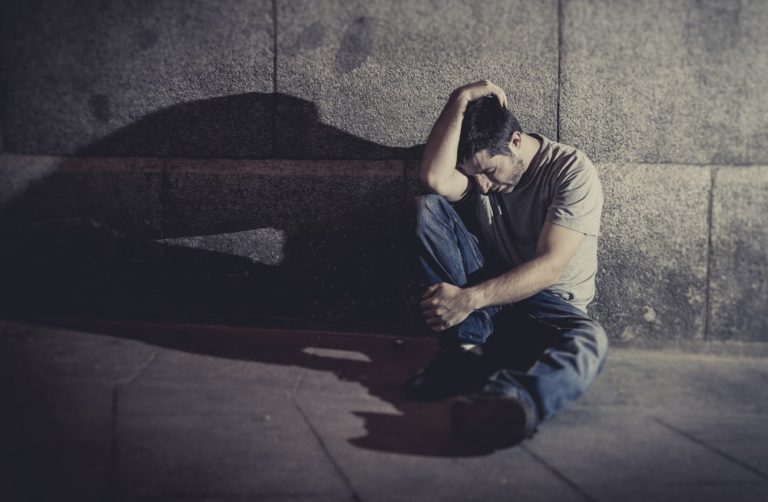Are you or a loved one struggling with hallucinogen use disorder?
At Clinic Les Alpes, we provide world-class, discreet treatment for hallucinogen addiction in a luxurious Alpine setting.
Our multidisciplinary team of experts delivers personalized care using evidence-based approaches to help you break free from substance abuse and rebuild a fulfilling life.

Hallucinogens alter perception, thoughts, and mood by disrupting communication between brain chemical systems and nerve cells. These substances fall into two main categories:
Classic hallucinogens include substances like:
These substances primarily act on serotonin receptors in the brain, particularly the 5-HT2A receptor located in the cortex.
Dissociative drugs, another class of hallucinogens, include:
These substances primarily disrupt the action of glutamate, a brain chemical that regulates:
While the National Institute on Drug Abuse notes that hallucinogens may not cause the same physical dependence as substances like alcohol or opioids, they can lead to problematic patterns of use that require professional intervention.

Hallucinogen use disorder is characterized by a problematic pattern of hallucinogen use leading to significant impairment or distress. Signs may include:
Long-term hallucinogen use can also lead to persistent psychosis or Hallucinogen Persisting Perception Disorder (HPPD), conditions that may require specialized mental health treatment.
At Clinic Les Alpes, we understand that effective treatment for hallucinogen addiction requires addressing both the substance use disorder and any underlying mental health conditions. Our comprehensive program includes:
Treatment begins with a thorough medical and psychological evaluation by our experienced physicians and psychiatrists. While hallucinogens typically don't cause severe physical withdrawal symptoms, our medical team provides 24/7 monitoring to address any psychological symptoms that may arise during the initial phase of treatment.
Our hallucinogen addiction treatment program incorporates various evidence-based approaches:
Many individuals who use hallucinogens struggle with co-occurring mental health conditions. Our integrated approach treats both substance use disorder and mental health issues simultaneously, addressing the complex relationship between addiction and psychological well-being.
To complement our clinical approaches, we offer various holistic therapies:
These complementary therapies help restore physical and emotional balance while developing healthy alternatives to drug use.
Our team includes renowned addiction specialists, psychiatrists, and therapists with extensive experience treating substance use disorders, including hallucinogen addiction. We maintain a high staff-to-client ratio to ensure personalized attention and care.
Located in the serene Swiss Alps, our facility offers:
With a maximum of 15 clients at any time, we tailor our treatment approach to your specific needs, preferences, and circumstances. Your individualized treatment plan addresses all aspects of hallucinogen addiction—physical, psychological, and social—for comprehensive healing.
We recognize the impact of addiction on families and include family therapy and education in our treatment program when appropriate. This approach helps repair relationships damaged by substance abuse and builds a supportive foundation for long-term recovery.
Recovery from hallucinogen use disorder continues beyond residential treatment. Our aftercare planning includes:

Don't let hallucinogen addiction control your life any longer. At Clinic Les Alpes, we provide the medical expertise, compassionate support, and luxurious environment you need to overcome substance abuse and reclaim your well-being.
Our admissions team is available 24/7 to answer your questions confidentially and guide you through the process of beginning treatment. Contact us today to take the first step toward a healthier, more fulfilling future free from hallucinogens and other substances.